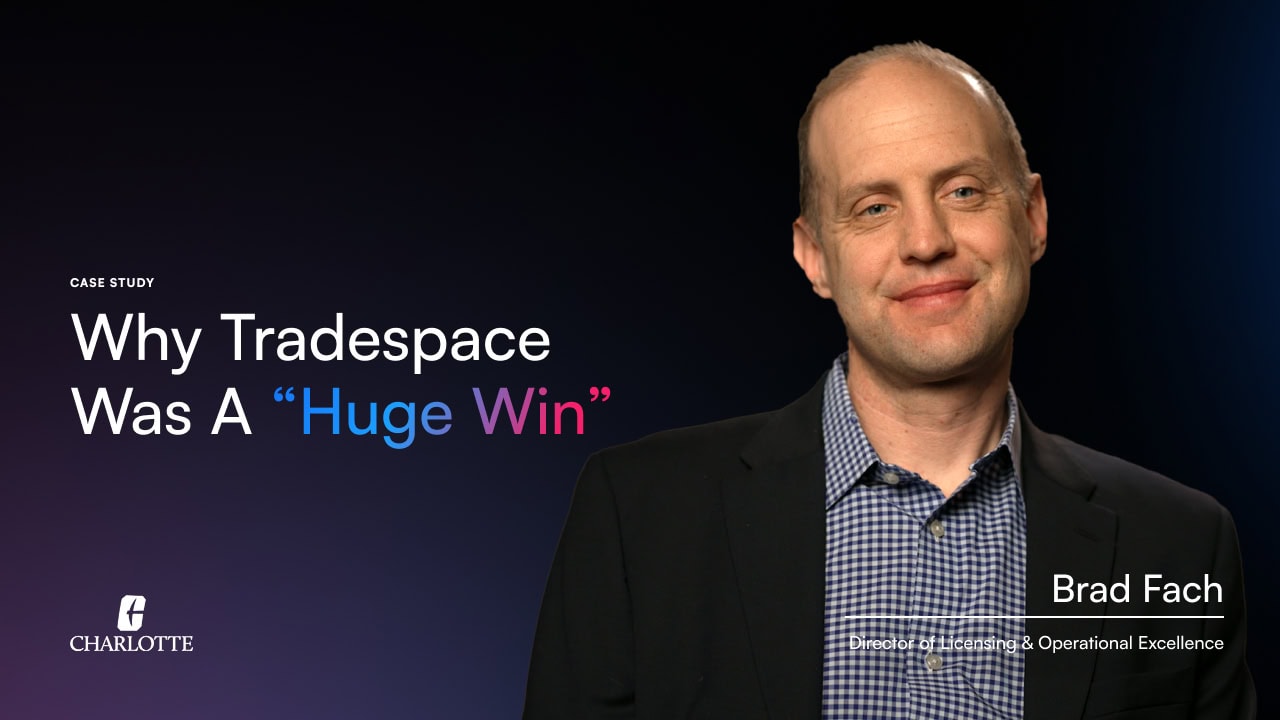Adapting to the rise of university spinouts part 2 of 2: Strategies for success
August 19, 2024 | 4 min readIn part 1 of this article series, I discussed why tech transfer offices should approach startup licensing differently than traditional corporate licensing — that they should look for value, not volume, in their startup deals. Today, we’ll discuss strategies for partnering with startups that maximize this value.
To increase the odds for successful startup licensing deals, tech transfer offices should focus on effectively vetting both the technologies coming out of their labs and the founding teams for commercial viability. They should also understand that a successful startup license isn’t a one-time transaction, but a commitment to supporting that startup throughout its journey. Certain licensing terms facilitate long-term collaboration more than others, as we’ll uncover.
Picking winners
I often see Universities talk about the number of startups they have licensed to or incubated. While volume isn’t inherently a bad thing, it’s critical that universities have the resources and infrastructure to effectively support each of their startup partners. If tech transfer offices say yes to every spinout proposal, they risk overburdening their own startup support ecosystem. Instead, tech transfer offices have an opportunity to prioritize technologies and startups they believe will be winners.
Startup interest Choosing startup partners with the greatest chance of success begins with an in-depth evaluation of the underlying technology and IP, as well as an assessment of the commercial opportunity and the founding team. This evaluation starts with learning how to talk to research teams to capture their interest in starting a company. Too many universities reduce this critical step to a yes-no question on a disclosure form. In reality, this needs to be an in-depth conversation to ensure the researchers understand the implications of their answer and are actually committed to a defined timeframe. Often, these conversations alone aren’t enough. As I’ll discuss shortly, milestones tied to the license agreement can be invaluable tools for ensuring the team continues to move their business plan forward.
Business case Assessing founding team is just the beginning. Picking winners also requires evaluating new inventions through an entirely different lens than universities may be used to. Today, most invention disclosure reviews focus on patentability (or the existence of an interested licensee). To make an informed decision about filing on a technology that will be licensed to a spinout, tech transfer offices need to fully understand the use cases, the addressable markets for those use cases, and the companies that are actively developing or marketing solutions for those use cases as well. What’s more, offices need to understand the competitive advantages the technology would give a startup and any barriers to entry the startup would need to overcome to commercialize the invention.
Challenges Tech transfer offices should vet startup licensees carefully, but often lack the resources that a VC or startup studio brings to bear for these types of evaluations. Tech transfer offices need to be selective by triaging new inventions and teams. AI solutions are making it easier for offices to handle higher throughputs with capabilities like disclosure enrichment to provide offices the information they need to make evaluation decisions. Effective evaluation doesn’t stop at secondary research, however. Many tech transfer offices mistakenly think spinout licensing can eliminate the need for industry outreach. In fact, industry outreach, or “customer discovery,” in the parlance of startupland, is essential for validating a technology’s competitive advantages and alignment with customer needs. Identifying potential customers and contacts within their corporate venture or innovation arms is another area AI solutions provide assistance in.
Crafting licensing agreements to support long-term collaboration
Unlike corporate licenses, the majority of work for spinouts starts after a license is signed. University startups need far more support than corporate R&D departments in getting their technology to market.
Royalty rates The structure of startup licenses themselves plays an important role in a successful, lasting partnership built on aligned incentives. A mistake many tech transfer offices make is focusing on the royalty rate as a leading agreement metric. Chasing royalty rates has several problems. They are often counterproductive in the early stages of the company lifecycle when every dollar should be spent on finding product market fit. VCs may also look at high royalty rates as a profitability risk in the long-run. Upfront fees can be equally untenable for cash-strapped startups to pay.
Milestones A particularly effective strategy for universities is to align payments to milestones such as SBIR awards, fundraising, or sales. As long as the milestones are aligned with de-risking points, equity payments can be an effective alternative to cash as well. Once these milestones have been established, technology transfer offices can maximize the likelihood of successful outcomes for themselves and their licensees by supporting the startups in achieving these milestones. MassVentures, for example, has developed an incredibly effective program founded on its ability to help its portfolio companies find and win grants.
Reimbursement Many tech transfer offices also focus on patent cost reimbursement as an element of their licensing agreements. These reimbursements can be a good indicator of a founding teams’ seriousness and ability to raise at least small amounts of seed capital, but shouldn’t necessarily be treated as table stakes. Reimbursement of foreign filings requested by the startup is perhaps a more important term to align incentives. Too often, startups set their sights on a broad spectrum of international markets and request unrealistic (and expensive) patent coverage without any viable revenue opportunities in those markets. Foreign filing reimbursement helps limit this impulse.
To successfully navigate the rise of spinouts, tech transfer offices should take a strategic approach that prioritizes the long-term potential of startup licenses over sheer volume. To do this, universities need to adapt to vetting the technology and founding teams, particularly their level of commitment. The work doesn’t end when a deal is made either — universities need to be active in promoting a startup’s growth trajectory to increase its odds. Licensing agreements that include terms like milestone-based payments can serve as tools for university and startup alignment.



